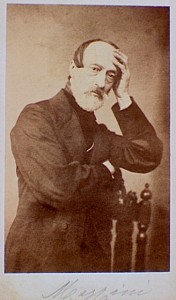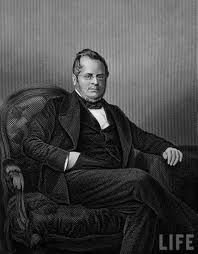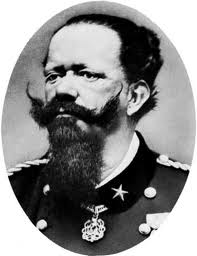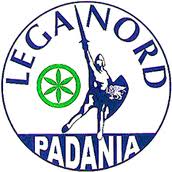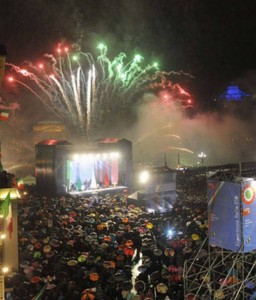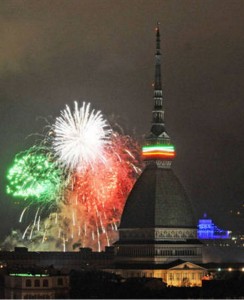Not quite like the 4th of July
Wednesday, March 30th, 2011
Recently Italy celebrated it’s 150th year of unification. It was on March 17th in 1861 that Italy became for the first time a unified kingdom rather than a collection of city-states and regions all going their own way. This unification was the culmination of the “Risorgiamento†(resurgence) movement. Everywhere, including here in the U.S. one finds streets named for the heroes of this period in Italian history: Mazzini, Garibaldi, Cavour and King Victor Immanuel II.
- Mazzini
- Garibaldi
- Cavour
- Victor Emmanuel II
So this date was celebrated widely throughout Italy but unlike the 4th of July here, there are areas of Italy where it was really not celebrated at all. According to an Italian study 88% of Italians considered the unification of Italy to have been a positive thing. That’s a pretty good number but also means that 12% have a negative opinion. Of course if the outcome of the U.S. civil war was poled there might be 12% of the population (probably mostly in the former Confederate states) that opposed that outcome. So in fact the the celebrations in Italy were not universal. In Alto-Adige there which became a part of Italy belatedly and is predominantly German speaking, there is a strong sentiment that they really should be a part of Austria as they once were. In general in the north, the Lega Nord (Northern League) has in the past strongly supported secession of the the north into a political entity called Padania – the area of the country north of the Po river. Similarly there are factions in Sicily that regard the unification as an occupation of that island that continues to the present day. Kind of like Southern U.S. bumper stickers or T-shirts that say “Forget, Hell!â€.
- Forget, Hell!
Italy was once famously described by Metternich (a noted Austrian diplomat) as nothing more than “a geographic expression.” Prior to the unification almost no Italians spoke what we think of as Italian. Everyone spoke their own dialect. Indeed dialects are still important in Italy but almost everyone speaks Italian. The county has become increasingly unified and became a republic (rather than a parliamentary monarchy) only in 1946. Italian loyalties seem to be in the order of family, locality (city or village), region and finally country. I suppose that’s not that different here except I think that the emphasis on family and locality is much stronger in Italy.
All of the negatives aside, most Italians did throw a party for this significant historical landmark date. My friend Massimiliano was out for the “white night†in Turin (the first capital of the unified Italy) along with throngs of Torines despite the heavy heavy rain.
